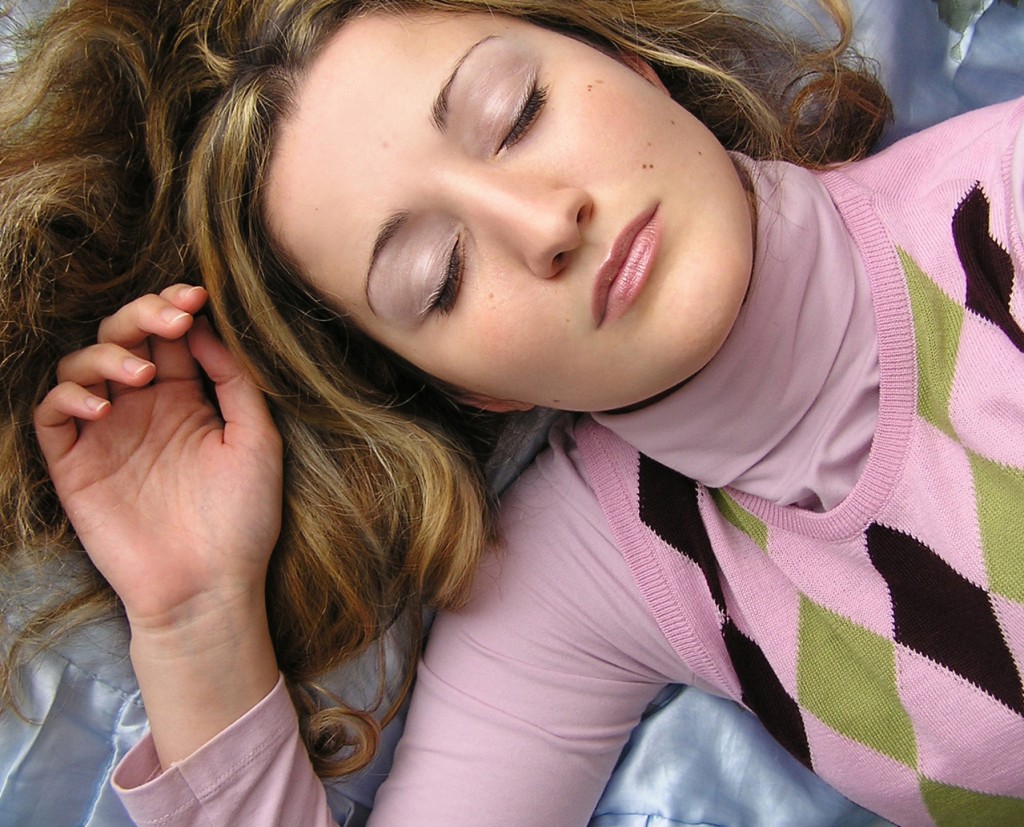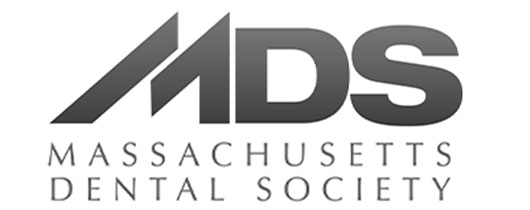Does your loud snoring have others covering their ears every evening? If so, you may suffer from sleep apnea, but do not worry – you are not alone. Sleep apnea is a disorder that affects roughly 12 million adults in the U.S., and we now have a treatment option that may work for you.
What Is Sleep Apnea?
Sleep apnea is a condition that causes someone to experience breathing interruptions while sleeping. These interruptions are pauses in breaths, and they can last from a few seconds to a few minutes. Additionally, they may even occur as many times as 30 an hour.
The most common type of sleep apnea is obstructive sleep apnea. This condition is caused when the airway collapses or is briefly obstructed during sleep, resulting in a sharp intake of air and a loud snoring sound.
What Are the Symptoms of Sleep Apnea?
In addition to loud snoring, other symptoms of sleep apnea include:
- Excessive daytime drowsiness
- Frequently waking up throughout the evening
- Feelings of gasping for breath while sleeping
- Waking up with a sore or dry throat
- Morning headaches
What Problems Are Associated With Sleep Apnea?
While a sleep disorder may not seem like a big deal, sleep apnea can cause serious problems if left untreated. It increases the risk of high blood pressure, heart attacks, strokes, obesity, diabetes, arrhythmias (irregular heartbeats), and driving-related accidents.
How Is Sleep Apnea Commonly Treated?
Doctors typically recommend that sleep apnea sufferers use a CPAP machine. CPAP is an abbreviation for Continuous Positive Airway Pressure.
With this device, a patient wears a mask over his/her nose while sleeping. This mask is attached to a machine that delivers pressurized air, keeping the airway open.
What Are the Downfalls of CPAP Machines?
Although CPAP machines do help with sleep apnea, many people do not enjoy using one. For one thing, the mask can be uncomfortable to wear, making it more difficult for patients to fall asleep. Some CPAP users have also reported problems with congestion, air trapping in the stomach, headaches, and ear pressure.
Additionally, the CPAP machine can be noisy and cumbersome to travel with. As a result, research estimates that about 40% of people quit using their CPAP machines in just a few months.
Are There Any Other Sleep Apnea Treatment Options?
Most CPAP users are thrilled to discover that there are other sleep apnea treatment options available. For instance, at Hassey Do Duy, we can help you sleep more comfortably through the night with a custom-fitted mouthguard.
Unlike a clunky CPAP machine, a mouthguard is discreet, comfortable, and easy to pack for traveling. This wearable appliance moves the jaw forward, creating additional space between your tongue and soft palate. This adjustment prevents obstruction of the airway, resulting in a quiet and peaceful sleep.
How Can I Schedule an Appointment at Hassey Do Duy?
If you suspect that you are suffering from sleep apnea, your first step is to contact your primary physician or a sleep specialist for a diagnosis. Once you have been diagnosed, we are happy to help you experience a better night’s sleep. Simply click here to schedule an appointment to discuss your sleep apnea treatment options.




